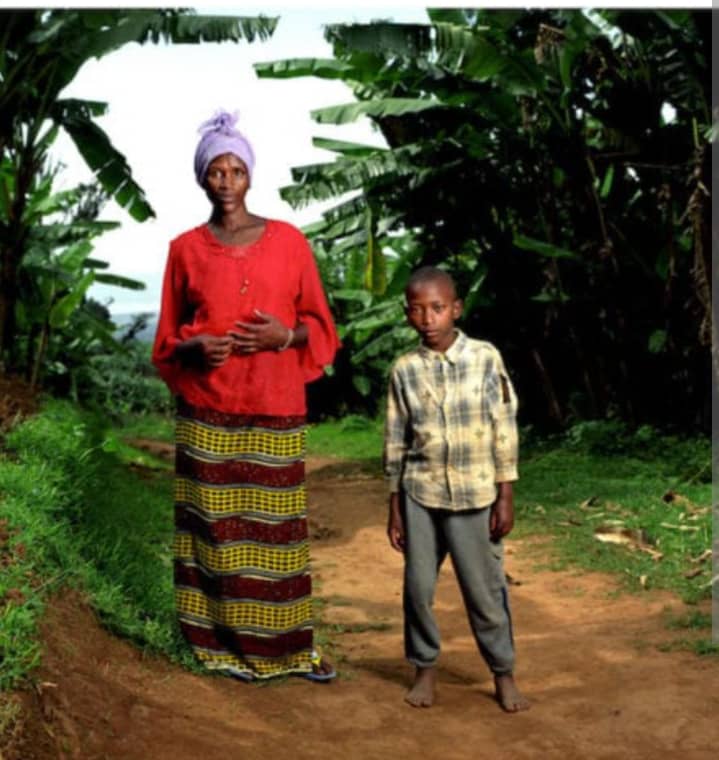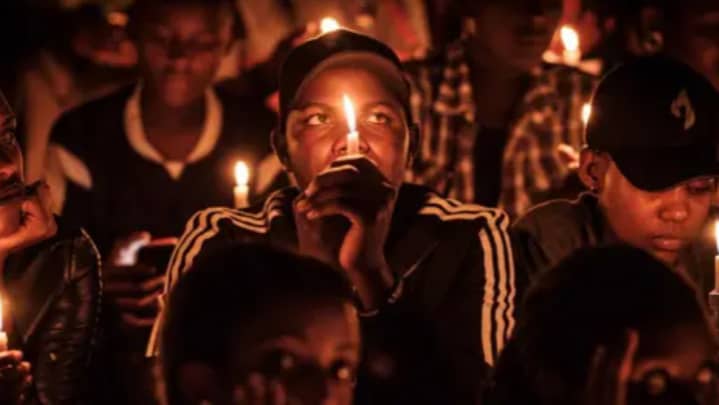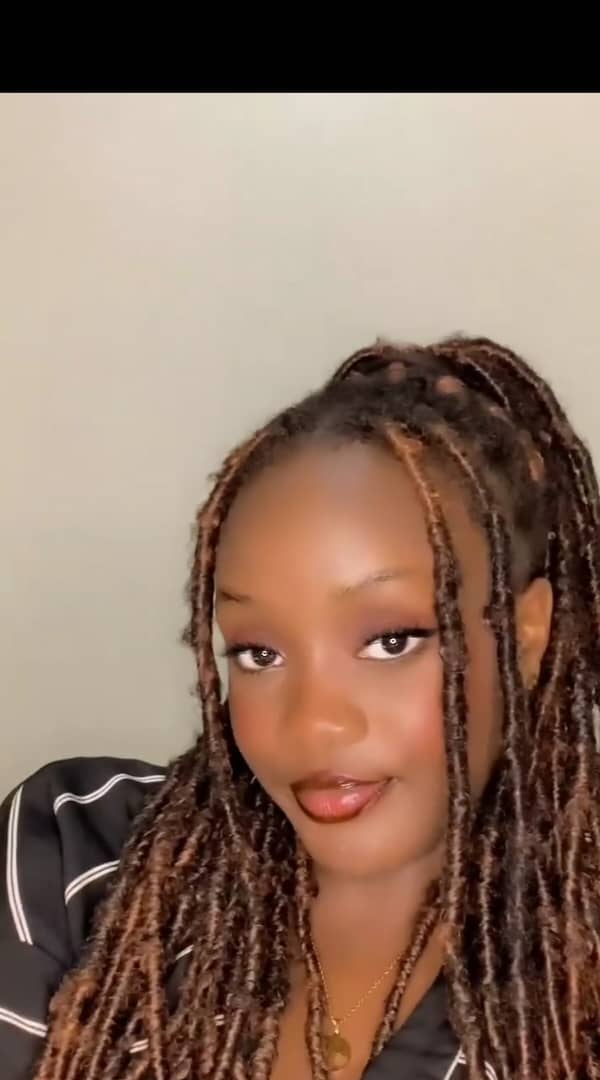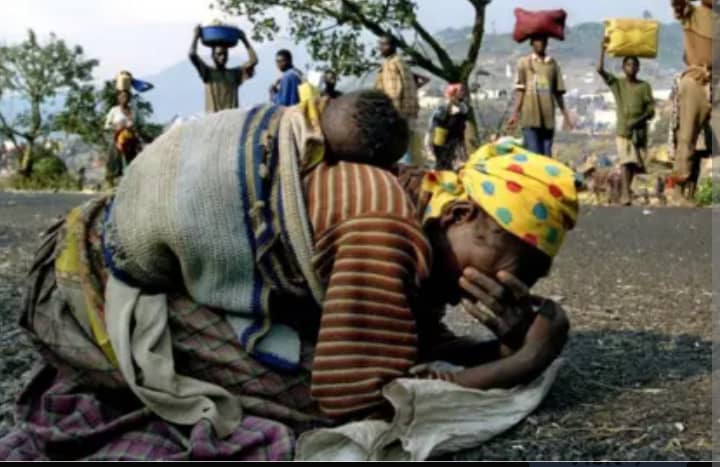Thirty-one years after the 1994 Genocide against the Tutsi, stories of survival show incredible strength in the face of great pain. Among these are the experiences of women who were raped, a terrible act meant to break people and society. Thousands of these women became pregnant.
They were left with lasting physical and emotional scars, and the huge challenge of raising children born from this violence. These mothers often faced judgment and deep personal sadness, but many found their way to love and hope. Aline’s story is one example of this powerful human spirit.
During the 1994 Genocide, sexual violence was a widespread and planned weapon. Rape was used to terrorize, shame, and destroy the Tutsi population. Many women were subjected to sexual assault over the hundred days of the genocide.
Aline, just 19 at the time, was caught in this violence while trying to hide from the Interahamwe militias in Southern Rwanda. Her hiding place became a scene of brutality as others with her were killed, and she was repeatedly raped.

Months later, pregnant and alone in a refugee camp, she faced becoming a mother in the worst possible way. Her son’s birth brought mixed feelings – the natural connection to her child was tied to the painful memories of how he was conceived.
The emotional burden these mothers carried was immense. For women who were raped and became pregnant, the child could be a constant reminder of the violence. They often struggled with anger, guilt, and a mix of love and hurt. “At first, I couldn’t even name him,” Aline shared during a testimony for genocide survivors.
Her voice, though soft, carried the weight of years of silent suffering. “But then I remembered, it wasn’t his fault. He was innocent, just like me.” Her choice to call him Kwizera, meaning “hope,” was a strong act of resilience. It was a conscious decision to embrace the innocent life that had entered her world. Naming him was a key step in her long journey toward healing.
Society’s reaction to women who gave birth to children conceived through genocide rape was often difficult, marked by judgment and a lack of understanding. Many faced rejection from their families and communities, which made their isolation and pain worse.
However, organizations in Rwanda have been very important in providing help, counseling, and a sense of community for these survivors and their children. They support them in dealing with their complex experiences.
Kwizera, now 30, grew up knowing about his birth. His choice to work with genocide remembrance programs shows a strong ability to heal and a desire to stop the cycle of pain. By sharing his and his mother’s story, Kwizera offers hope and strength to other children born from similar violence.
He helps them with questions about their identity and belonging. When he and Aline speak together at Kwibuka (remembrance) events to students and younger generations, it’s a powerful way to educate and remember.

They stress the importance of understanding all parts of the genocide, including the specific harm faced by women and the unique challenges their children dealt with. Their message is that identity should be built on healing, truth, and love, not the hate that caused the genocide.
Aline and Kwizera’s story shows the enduring strength of people after terrible events. It highlights the long and hard path to healing for survivors of sexual violence and their children. It also shows how important remembrance and education are for building a future without hate.





